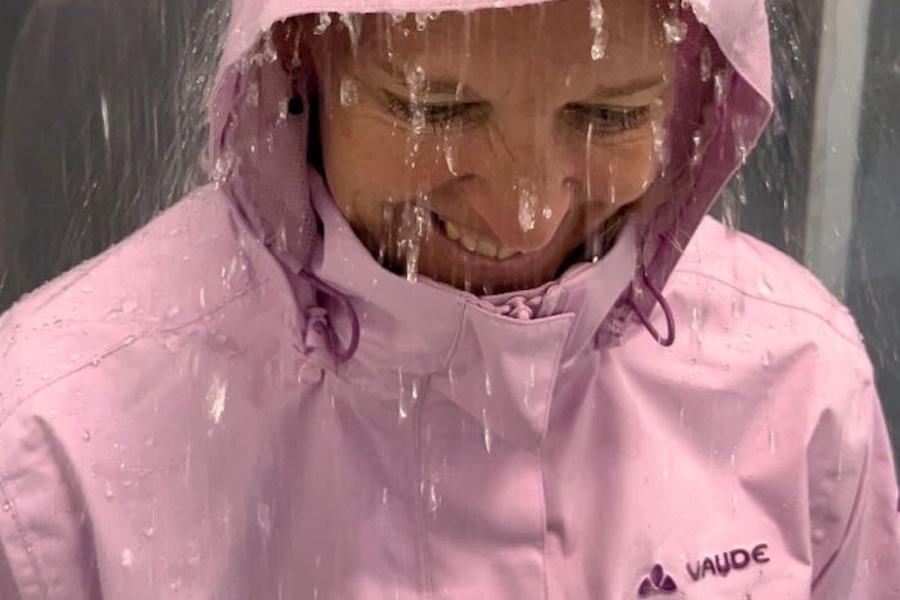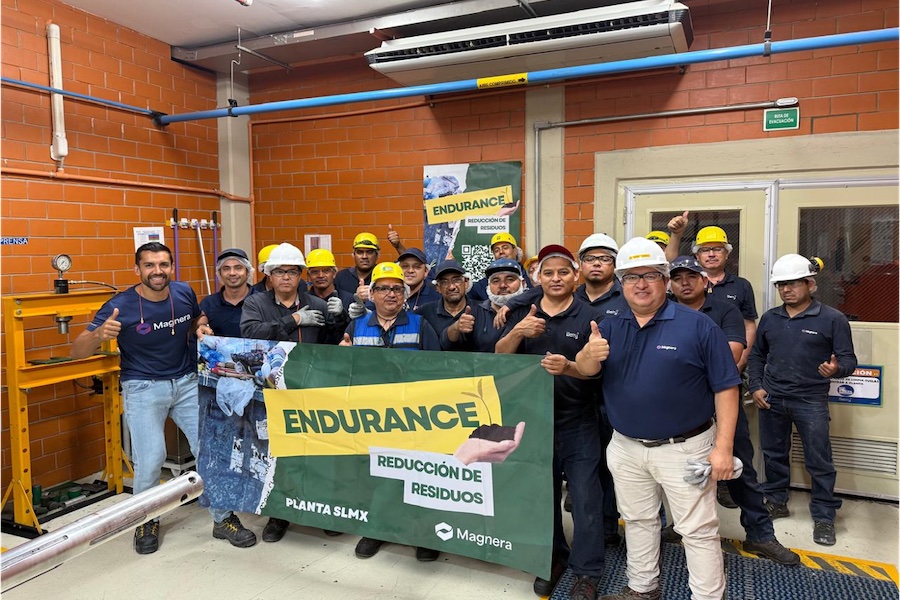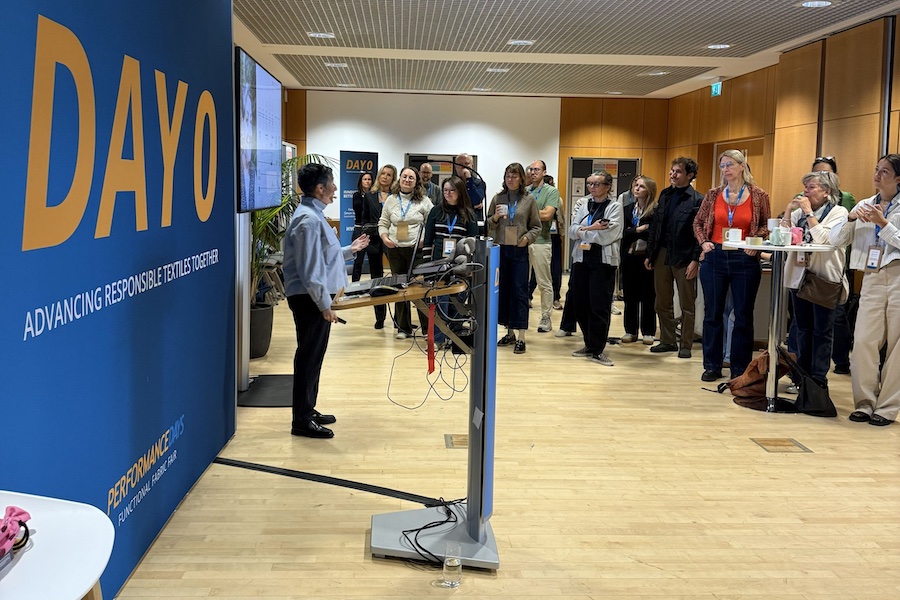#Sustainability
Action for a Climate-Positive World: The Business Community’s Imperative
As COP 26 concludes, the world now faces the urgent task of moving from commitment to action, and the business community has a critical role to play.
Leading companies are already driving progress by centering climate action on their products and core operations, production systems and processes. After all, the way we design and make products today shapes the world we will inhabit tomorrow.

Today, 45% percent of global emissions are associated with making products*, and eight of the world’s supply chains account for more than 50%** of global emissions, including food, construction, fashion, fast-moving consumer goods, electronics, automotive, professional services and freight.
The Cradle to Cradle Products Innovation Institute is calling upon the business community to boldly accelerate the global Ambition Loop by positively reinforcing government climate action with tangible changes in the production and consumption systems that power our economy.
By taking stronger action towards accelerating the transition to circular systems of production and consumption, the business community can drive significant and rapid progress towards the achievement of global climate targets, heralding a new green future that is regenerative, equitable and prosperous.
Climate-positive transitions to regenerative systems could also generate more than USD 10 trillion in annual business value and result in 395 million new jobs.*** Never in the course of history has the private sector faced such a pivotal and defining opportunity to intentionally steer the economic growth trajectory towards positive impacts for humanity and for our planet.
Change is no longer optional: it is future-critical.
Future-focused companies have already connected the dots between climate action, wider sustainability agendas and fundamental business needs. Those that recognize the opportunity to drive high impact change are already pushing to achieve net zero by:
• Aligning business strategies with science-based targets
• Embedding climate action into corporate policy and governance
• Applying circular economy principles to decarbonize products, operations, and supply chains
• Publicly setting and measuring ambitious carbon reduction targets for a 1.5C cap on global warming
It is time for the rest of the business community to step up.
While the challenge may be great, solutions exist. The Cradle to Cradle Certified Products Program enables changes such as these via a science-based framework for strategically prioritizing climate-positive action to the interconnected issues of Material Health, Product Circularity, Clean Air and Climate Protection, Water & Soil Stewardship, and Social Fairness. As a result, companies can systematically:
• Decarbonize products and operations, and reduce embodied carbon across the supply chain
• Redesign products and underlying systems for a circular economy
• Innovate climate-positive materials, products and processes
• Develop regenerative business models and new forms of value generation
As a burgeoning number of companies use the Cradle to Cradle Certified framework to enact change and transform systems, another Ambition Loop is gathering momentum. One in which companies across every industry and every supply chain reinforce one another’s progress towards a climate-positive, livable world for generations to come.
These companies are proof that it can be done.
The world we want for tomorrow can be achieved today. COP 27 must be evidence of this reality.
www.c2ccertified.org
References:
*Ellen MacArthur Foundation; Completing the Picture: How the Circular Economy is Tackling Climate Change, 2019
**World Economic Forum; Net-Zero Challenge: the Supply Chain Opportunity, 2021
***World Economic Forum; The Future of Nature and Business, 2020
















